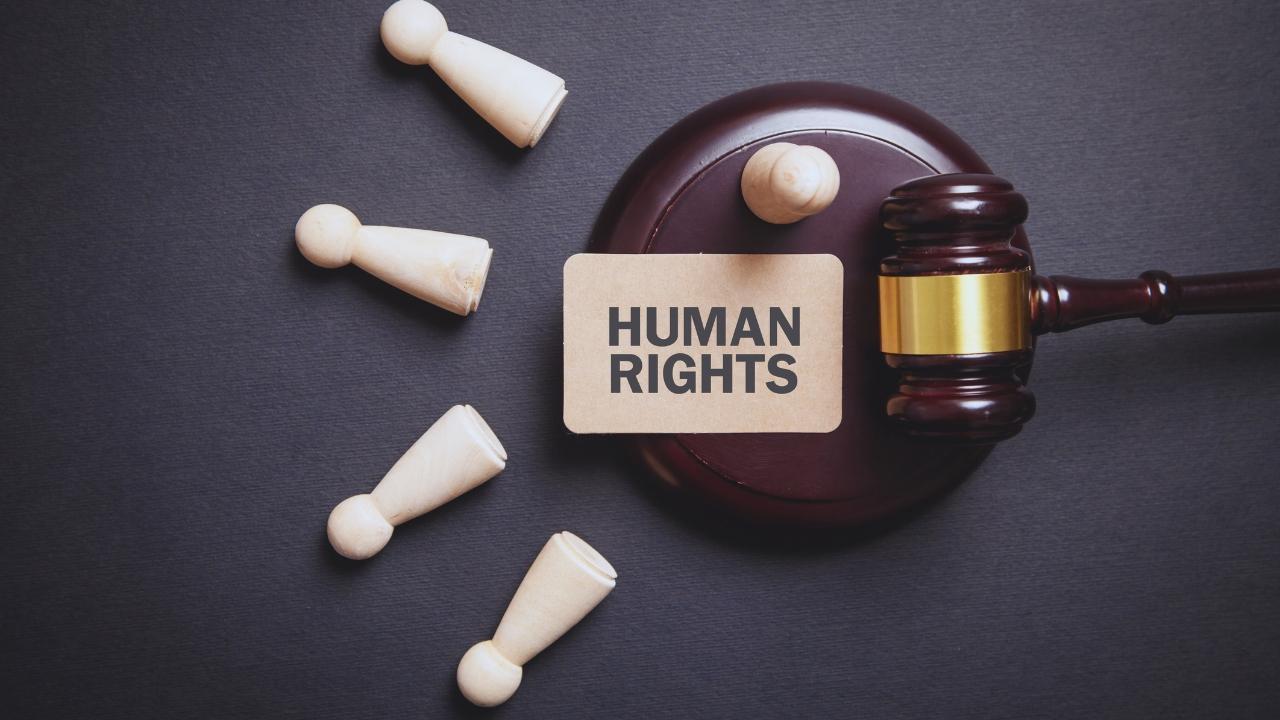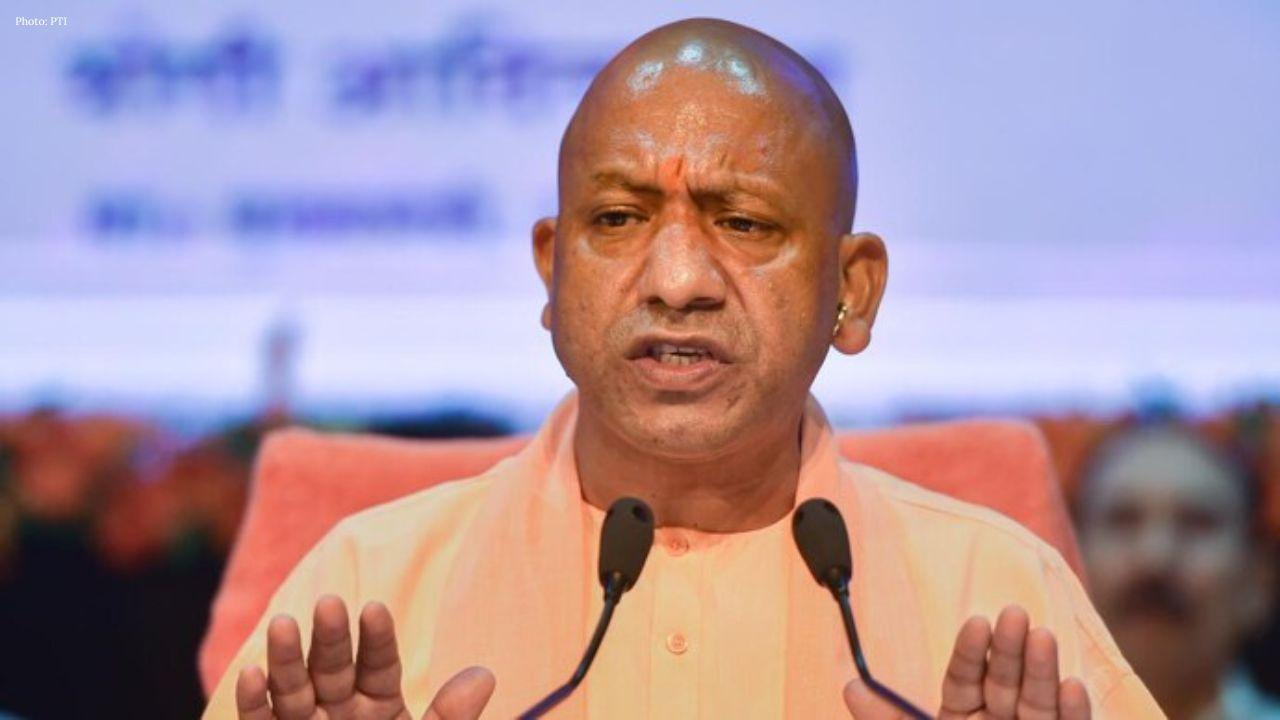You have not yet added any article to your bookmarks!

Join 10k+ people to get notified about new posts, news and tips.
Do not worry we don't spam!

Post by : Anis Farhan
In the four years since Myanmar’s 2021 military coup, over 2.7 million people have been displaced within and beyond its borders. From ethnic minorities in Kachin and Chin states to Rohingya communities fleeing renewed violence in Rakhine, the refugee tide is swelling, and Southeast Asia is increasingly its reluctant host.
Bangladesh hosts nearly 1 million Rohingya, but countries like Malaysia, Thailand, and Indonesia now face the second wave—an influx of undocumented refugees, stateless children, and asylum seekers with no legal framework to support them.
As of July 2025, no ASEAN country—except for the Philippines—has ratified the 1951 UN Refugee Convention, and ASEAN itself maintains its long-standing policy of non-interference in member states’ internal affairs.
This leaves Myanmar’s displaced in legal and diplomatic limbo, treated not as refugees, but often as illegal immigrants—criminalized for seeking safety.
Malaysia is currently hosting an estimated 180,000 undocumented Myanmar nationals, the majority of whom are Rohingya. While the government has maintained a quiet policy of tolerance, it offers no path to asylum, residency, or labor rights. Most live in urban slums, working informally under constant threat of deportation or abuse.
In Thailand, over 90,000 refugees remain in border camps, some for decades. While humanitarian agencies provide basic education and food, there are no integration or resettlement plans. Recent reports from Mae Sot camps reveal worsening sanitation and mental health issues, especially among young people who have never known life outside the camps.
Indonesia, which rarely features in regional refugee policy, has seen a surge in Rohingya boat landings since late 2024. The government has adopted a "temporary shelter" model, offering food and basic aid but denying legal status or resettlement.
These countries face a growing dilemma: international criticism if they deport or detain refugees, and domestic backlash if they appear too lenient. It’s a no-win situation made worse by the lack of a unified ASEAN response.
ASEAN’s commitment to non-intervention has long been both its strength and its Achilles heel. While it has preserved regional stability, it has also paralyzed collective action on human rights emergencies.
The ASEAN Intergovernmental Commission on Human Rights (AICHR) has released several statements calling for humanitarian aid and protection for vulnerable populations. But it lacks enforcement power, budget autonomy, or investigative authority.
In 2023, ASEAN appointed a Special Envoy to Myanmar, yet no meaningful access was granted by the junta. The envoy’s mandate expired quietly in late 2024, with no successor named as of mid-2025.
Meanwhile, the Rohingya issue, once raised in UN forums and G7 meetings, has lost international momentum. Donor fatigue, shifting geopolitical priorities, and new global crises have diverted attention—leaving ASEAN to manage a slow-burning humanitarian catastrophe without the tools or will to solve it.
Statelessness is not just a legal category—it’s a sentence to invisibility and exclusion. Without documentation, children born in exile cannot attend school, receive healthcare, or travel legally. They are vulnerable to trafficking, child labor, and detention.
UNHCR estimates that over 500,000 stateless persons now reside in ASEAN member states, with the majority being Rohingya. A growing number of children born in Malaysia and Indonesia now represent a “lost generation” with no state identity, no passport, and no path forward.
Some countries have tried limited solutions. In 2024, Malaysia introduced digital registration cards for undocumented migrants, allowing limited access to clinics. Thailand has offered schooling rights to camp-based refugees. But these are band-aids, not cures.
Until ASEAN develops a regional refugee protection framework, statelessness will only multiply.
In the absence of legal frameworks, NGOs and faith-based organizations have become the primary support system. Groups like Tenaganita (Malaysia), The Border Consortium (Thailand), and Geutanyoe Foundation (Indonesia) provide shelter, legal advice, and trauma counseling.
But these organizations operate on limited budgets and frequently face bureaucratic roadblocks. Their services cannot substitute for the lack of state policy.
Some grassroots networks are pushing back. Rohingya youth collectives in Kuala Lumpur have begun self-organizing English classes and public awareness campaigns. In Aceh, local fishermen continue to rescue stranded boats despite warnings from immigration authorities.
Still, the space for civil society is shrinking. As political pressure grows, some governments are imposing restrictions on refugee support work, citing national security.
The plight of Myanmar’s refugees is not just a regional issue—it is a global one. The United States, Canada, and EU have offered limited resettlement quotas but often cite security and verification concerns. Meanwhile, China and India—both key players in Myanmar’s internal conflict—remain largely silent.
ASEAN had an opportunity in 2021 to emerge as a regional humanitarian leader. That window is closing fast. Without policy innovation or leadership, it risks being remembered not for regional unity, but for institutional inertia in the face of a preventable crisis.
With Myanmar’s conflict showing no signs of resolution, refugee inflows will continue. So will statelessness, economic desperation, and the spread of marginalization.
ASEAN faces a moral crossroads: continue treating refugees as temporary irritants—or recognize them as permanent members of the region’s human landscape.
True solutions will require legal reforms, regional agreements, and—above all—political courage. Until then, Myanmar’s displaced remain exactly what they are: citizens of nowhere, knocking on doors that refuse to open.
This article is intended for editorial and informational purposes only. It does not offer legal or diplomatic advice. The content reflects events and conditions as of July 2025, and may evolve with ongoing developments.










Thai AirAsia Targets Growth Through China & Long-Haul Routes
Thai AirAsia aims 6-9% revenue growth in 2026 expanding domestic flights and new international route

India Ends Silent Observer Role Emerges Key Player in West Asia
From passive energy buyer to strategic partner India’s diplomacy in West Asia now commands trust inf

Indian Students Stuck In Iran Amid US-Iran Tensions And Exam Worries
Rising US-Iran tensions leave Indian students stranded, fearing missed exams could delay graduation

India Says J&K Budget Exceeds Pakistan’s IMF Bailout
India slammed Pakistan at UNHRC, stating J&K’s development budget exceeds Pakistan’s IMF bailout and

UP CM Holds Talks With Ex Japan Economy Minister in Tokyo
Yogi Adityanath met former Japan economy minister Nishimura Yasutoshi in Tokyo to boost UP-Japan coo

Hiroshima Teacher Arrested for Alleged Sexual Assault of Minor
A 37-year-old high school teacher in Hiroshima was arrested on suspicion of sexually assaulting a te